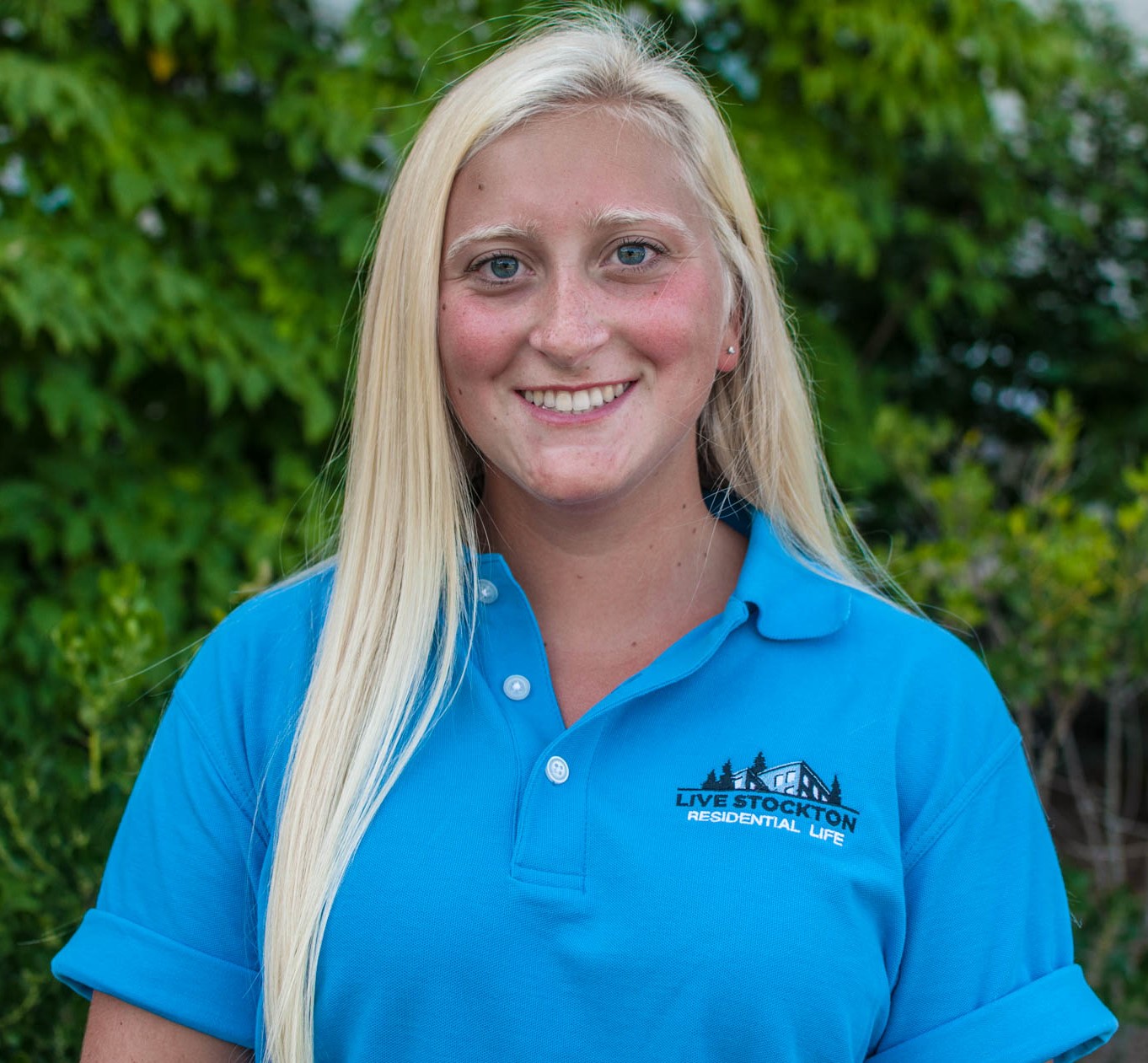Marine Science Virtual Symposium
Isabelle Zoccolo
B.S. Marine Science with a concentration in Marine Biology; Minor in Environmental Science
Class Year: 2020

Title: Sargassum Mitigation Location in Barbados
Principle Investigator: Dr. Elizabeth Lacey
Abstract
Sargassum, which is normally viewed as a species that forms a highly productive ecosystem
in the open ocean, has been causing problems on and around Caribbean shores both ecologically
and economically.
Sargassum Mitigation Location in Barbados
It forms thick mats which shade and suffocate other ecosystems, such as seagrass beds, as they travel nearshore and begin to decompose.Barbados’ beaches used for recreational and commercial purposes have been initiated with Sargassum. The Barbados government needs to focus their mitigation effort.
Danielle Dyson
B.S. Marine Science with a concentration in Marine Biology
Class Year: 2022

Title: Changing Seagrass on the Barnegat Bay
Principle Investigator: Dr. Elizabeth Lacey
Abstract
Seagrass in Barnegat-Bay Little Egg Harbor Estuary can be used as a bioindicator to
judge ecosystem health. Data on seagrass percent cover, biomass, epiphytic coverage,
and macroalgae biomass were collected at nine sites in both spring and fall of 2015
and 2017. This data show that the estuary is experiencing environmental change, which
is leading to a degradation of the ecosystem and could cause a cascade of negative
responses both environmentally and socioeconomically.
Changing Seagrass Pattern on the Barnegat Bay
Sargassum, which is normally viewed as a species that forms a highly productive ecosystem in
the open ocean, has been causing problems on and around Caribbean shores both ecologically
and economically. It forms thick mats which shade and suffocate other ecosystems,
such as seagrass beds, as they travel nearshore and begin to decompose. Barbados’
beaches used for recreational and commercial purposes have been initiated with Sargassum.
The Barbados government needs to focus their mitigation effort.


